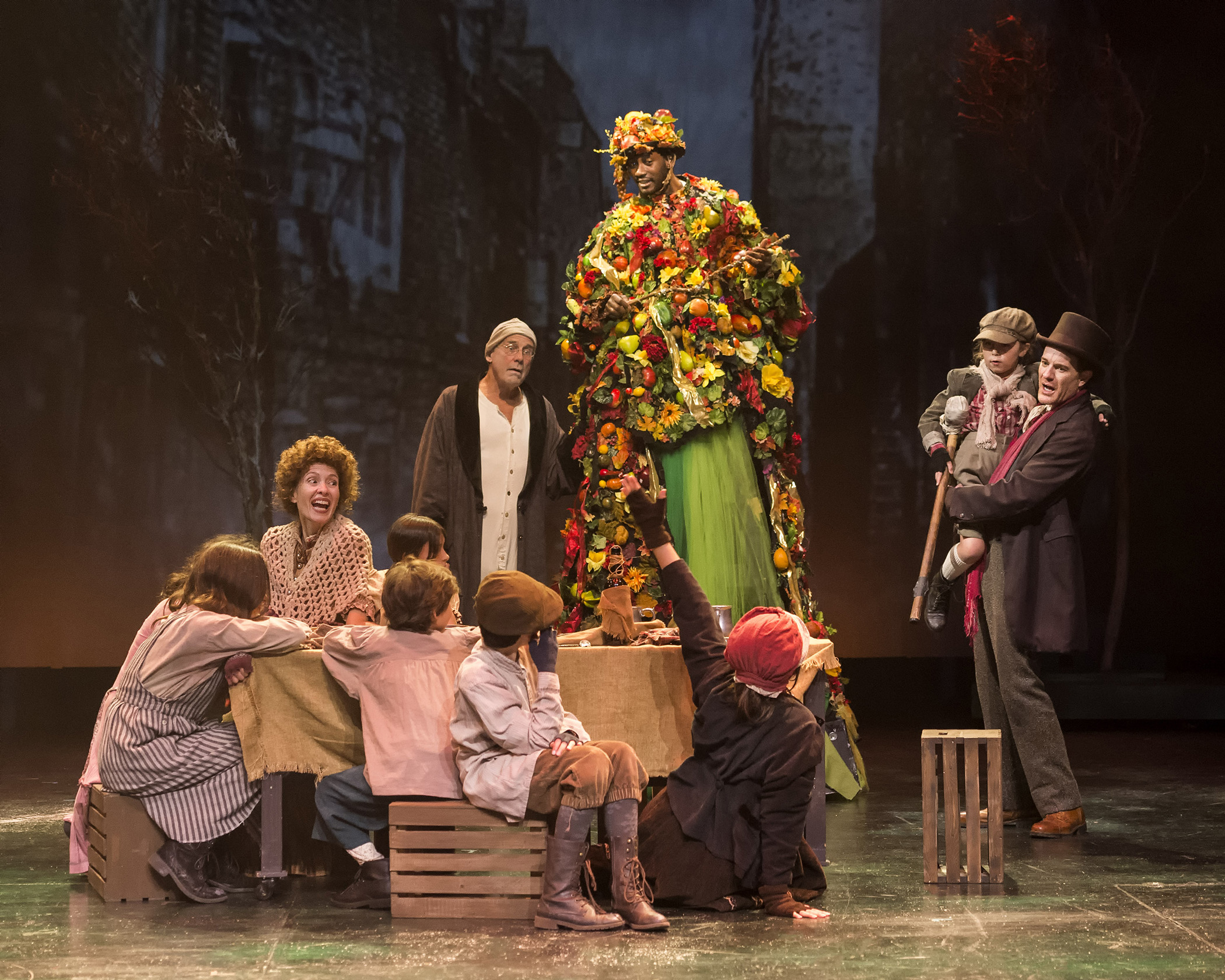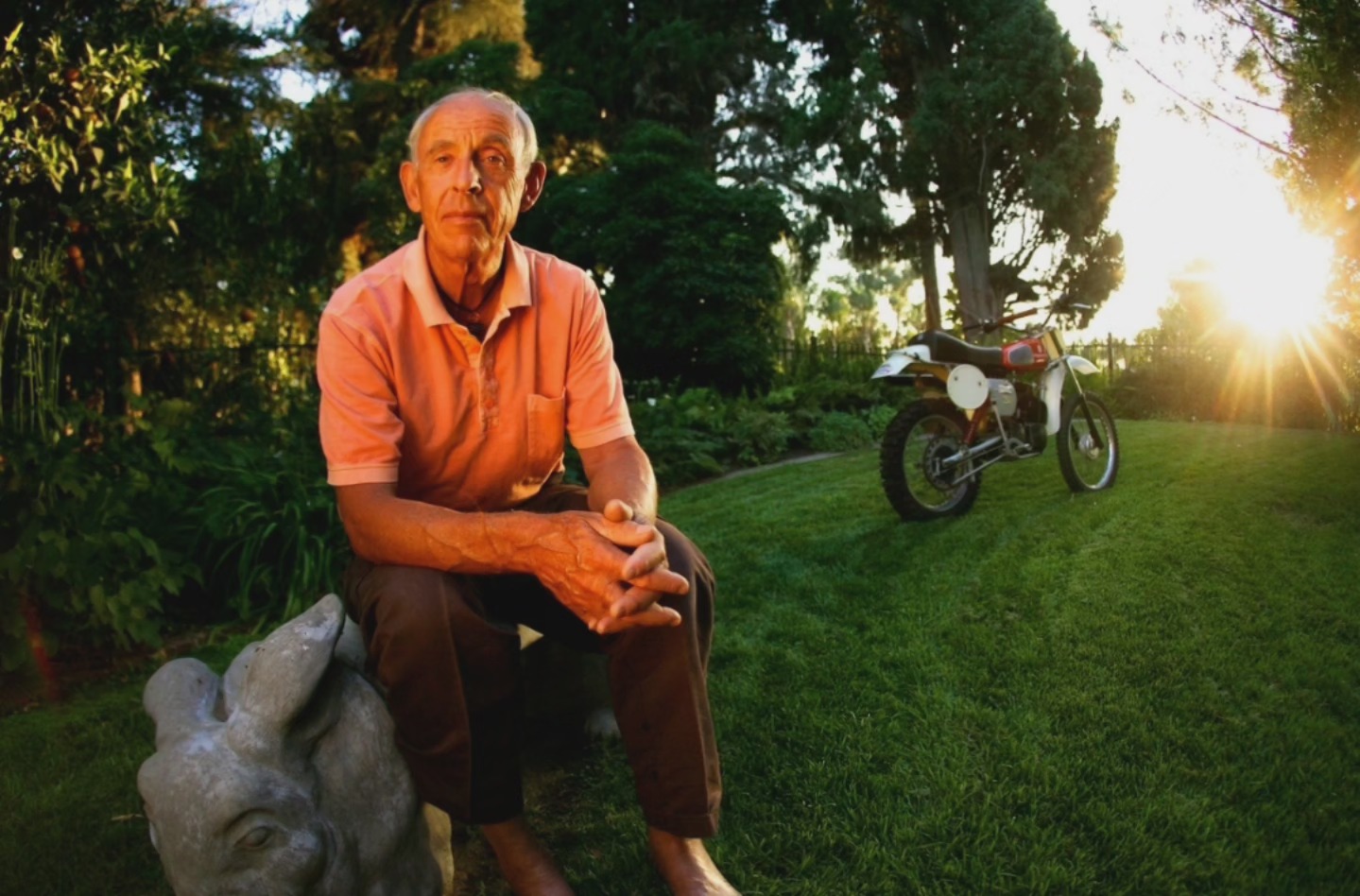Neoliberalism is a sprawling, contentious, difficult economic and political concept that can be hard to pin down because it shapes our lives in so many ways. Sometimes it can seem to describe everything, so it often appears not to mean anything. The Economic Hardship Reporting Project and Teen Vogue offer a best effort: Neoliberalism is an economic philosophy and a political system devoted to enforcing economic competition, protecting the power of businesses and celebrating the “free market” — that is, the capitalist market — as the wisest and best judge of people, institutions and ideas.
Quinn Slobodian, a history professor at Wellesley College, is one of the leading historians on neoliberalism. He describes it as “the ongoing effort to protect capitalism from democracy,” which is helpful, but now that, too, must be explained.
First of all, “capitalism“: the economic system we live under that organizes the production and distribution of goods and services around private ownership and profit. Under this system, a comparatively small group of owners purchases the labor of the majority. (Think of your time and energy as a resource that belongs to you. When you work for someone, you are selling that labor to them, and when a boss hires you, they are buying it.) Secondly, “democracy”: from the Greek, meaning “the rule of the people.” The word speaks to a political system in which power is meant to be vested in the people.
Capitalism, which relies on the productive power of hierarchy — many people working under the authority of a smaller group of bosses — has always come into conflict with political systems based on freedom and equality. Neoliberalism, Slobodian argues, is a response by politicians and capitalists to protect the market from interference by democratic representatives of the people. So, for example, when international free-trade agreements, like NAFTA, require national governments to privatize public utilities and adjust their labor laws to encourage economic growth, they allow corporations and private businesses to overrule government demands for social justice.
Other critics tend to think about neoliberalism as a way of life, a “subjectivity” that is a way of thinking and behaving that we’re all sucked into. If capitalism celebrates competition, in neoliberalism, we can see how economic competition takes over more and more of our lives.
Wendy Brown, a professor of politics at UC-Berkeley, describes neoliberalism in terms of the pressure on everyone to “hustle,” to always be working, striving, branding, investing. People encounter this intense competition in all sorts of ways. Think of a Lyft driver, picking up passengers after work to help pay down her student debt and cover her sky-high rent. Or the high school student in Detroit, rising at dawn to attend a charter school across town that his parents chose after sorting through myriad options. That same student makes a TikTok in the hallway at lunch, laughing and dancing for the brief amusement of someone halfway across the world, and the profit of advertisers on the app. Or consider the Cambodian farmer who takes out a microloan with a development bank to make improvements on his house.
What do they all share? Neoliberals might say they have abundant choices — they are free to patronize the employers, media, banks, car dealers or schools of their choice. They are competitive, clawing to make their way in a dynamic marketplace; they are individuals, making their way with minimal interference from large government institutions, like a public health system or a centralized school district. For those who defend the economic system, these people are above all free — to compete with one another, to get ahead (or fail to get ahead), and ultimately to choose their destiny with relatively little government interference.
But then think of the wear and tear on that weary Lyft driver’s vehicle, costs she alone is responsible for because Lyft considers her an independent contractor, not an employee. And what about the wear and tear on her? In 2016, a pregnant Lyft driver went into labor in her car, dropping off her last passenger on the way to the hospital. The company, which does not grant drivers health insurance or maternity leave, praised her devotion to the job.
And what about that high school student in Detroit? The city’s public school system has been transformed over the past decade into a bewildering archipelago of charter schools, some of which are operated for profit by firms far from Detroit, so he’s fortunate his parents even had the time and wherewithal to research school options. Will those parents also be able to help him manage the anxiety that has soared among American teens — one result, doctors say, of social media corporations’ marketing to young people, mining teenagers’ social lives for advertising dollars?
All of these spaces — school, childbirth, just hanging out in the hallway with friends — should be protected from the whims and predations of the market, but they are dominated by private businesses and the profit motive. For the Cambodian farmer, the good news is that high-interest microloan integrated him into the global financial system; but that’s also the bad news, as many who lost their land and savings to poorly regulated predatory microlenders have learned. What may seem at first glance to be freedom, the decrease of state regulation and the increase of choice, can also be viewed as the extension of oppressive hierarchies into new parts of people’s lives, especially their working lives.
For Melinda Cooper, a feminist critic of neoliberalism, neoliberalism also happens at home, and it uses the power of the government in ways that can be hard to see. As she argues, neoliberalism’s promotion of the capitalist free market cannot be separated from “family values” conservatism. Neoliberals have fought to shrink public welfare benefits and public education funding, maintaining that this is inefficient and wasteful spending. But families must be fed and children must be educated. These responsibilities don’t simply disappear, they just get passed on. Families who could have once counted on free public college tuition are forced to take on massive education debt; relatives have to manage the time and expense of caring for the ill and the elderly; and families, especially mothers, are charged with more and more of the responsibility to rear and care for children.
Now for another short-and-sweet definition: Neoliberalism is “the free economy and the strong state,” to borrow from historian Andrew Gamble’s description of Margaret Thatcher’s rule in 1980s Britain. Thatcher was an admirer of neoliberal economic thinkers like Friedrich Hayek, and many regard her term in office as an attempt to put neoliberalism into practice. Her Conservative government moved aggressively to privatize public housing and decimate the power of unions.
In 1980, for instance, Thatcher’s parliament passed the Housing Act, which set about privatizing Britain’s council houses, or state-owned public housing. Flats could be purchased by their tenants, who then became responsible for their upkeep. Some of these tenants prospered as homeowners; many other working-class tenants could not maintain their old apartments and sold out to investors, who in turn jacked up rents, exacerbating Britain’s affordable housing crisis.
This is neoliberalism in a nutshell: The state uses its muscle to break up a public asset, turning what had once been a public, democratic obligation (providing and maintaining affordable housing for the people) into an individual’s personal obligation, subject to the power of the private market. In the process, an asset built and maintained by a democratic government — public housing — became, in the end, just another engine to create private fortunes.
In the United States, critics of neoliberalism call out its unpopular effects — including expensive housing, low wages, unaffordable higher education, broken public infrastructure and inadequate health care — but there’s been little momentum or will in Congress to address any of these issues at the required scale. In the national affordable housing crisis, for example, there is a society, ostensibly politically democratic and equal, whose people cannot afford a place to live in their home states and towns.
None of this is exactly new, even if the problems are getting worse. Defining neoliberalism can seem unnecessarily complicated if one concentrates too much on that prefix — what’s so “neo” about low wages and expensive housing? So, to keep it simple: Neoliberalism is the newest stage of a very old conflict between capitalism and democracy.
Written by John Patrick Leary.
This story was produced by the Economic Hardship Reporting Project and Teen Vogue, and reviewed and distributed by Stacker. The article was copy edited and retitled from its original version.
Re-published with CC BY-NC 4.0 License.







